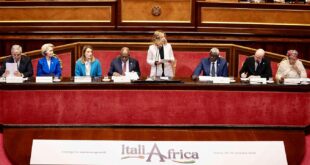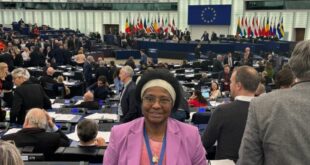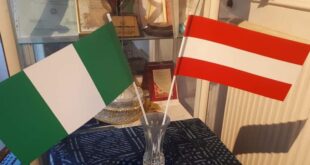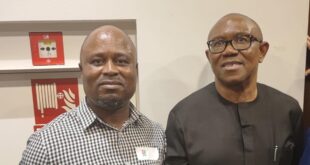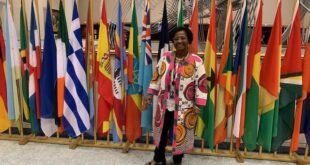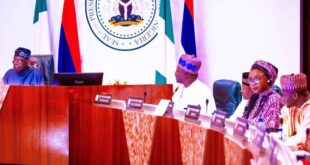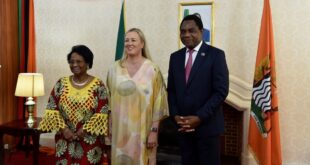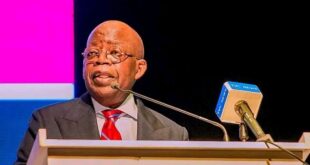The leaders of Germany, France and Italy have vowed that the European Union would survive the UK’s exit. They also urged more co-operation on security and job creation and help for young Europeans in an effort to lay the groundwork for an informal summit on the future of the EU without the UK, which will take place on 16 September in Bratislava.
German Chancellor Angela Merkel, French President Francois Hollande and Italian Prime Minister Matteo Renzi met on Ventotene, an island off Naples where one of the documents that inspired European federalists was written, on 22 August.
To reinforce the European spirit, they laid a wreath on the grave of Altiero Spinelli, one of the EU’s founding fathers and visionary for a federal Europe who wrote the “Ventotene Manifesto” in 1941.
“We respect Great Britain’s decision but we also want to make clear that the other 27 are banking on a safe and prospering Europe,” Merkel said at a joint press conference held on the Garibaldi aircraft carrier, a vessel that takes part in Italy’s effort to combat people traffickers.
“Many people thought that after Brexit, Europe was finished. It’s not like that,” Renzi said. “We respect the choice of Britain’s citizens, but we want to write a page for the future,” said the Italian PM, who sees Brexit as an opportunity to reinforce his country’s standing in Europe.
The three leaders also warned that Europe needed to turn away from populism. “For many populists, Europe is to blame for everything that goes wrong,” Renzi noted. “Immigration? It’s Europe’s fault. The economy is bad? It’s Europe’s fault. But that is not the case.”
Hollande said the future of Europe could be “unity and cohesion”, but only if EU and national leaders fight against “dislocation, egotism, folding in on ourselves”.
The leaders agreed the need to improve security and intelligence sharing was an “absolute priority” for confronting Islamic extremism in Europe. Hollande stressed in particular the need for common European defence efforts after a string of deadly attacks in France. The leaders also pledged reinforced external border protection.
But cracks were already visible as Merkel has shown little enthusiasm for loosening economic rules to allow more economic flexibility for debt-stricken Italy and struggling France. Hollande called for the Juncker Plan, the EU’s investment fund, to be beefed up. Renzi said “we need strong measures to relaunch growth and fight youth unemployment”.
Merkel praised Renzi’s jobs reform but said the EU’s Stability Pact, designed to keep the euro economies in line, “has quite a lot of flexibility that we can use in a clever way”.
The German leader is not keen on major structural overhauls of the EU, and wants to focus on specific policies that could deliver results to voters swiftly.
The meeting marked the beginning of a week of talks for Merkel as she visits Estonia, the Czech Republic and Poland and meets the leaders of Slovakia and Hungary in Warsaw. She also invited leaders from the Netherlands and Austria for informal meetings in Germany. / Eszter Zalan/EUObserver
 THE AFRICAN COURIER. Reporting Africa and its Diaspora! The African Courier is an international magazine published in Germany to report on Africa and the Diaspora African experience. The first issue of the bimonthly magazine appeared on the newsstands on 15 February 1998. The African Courier is a communication forum for European-African political, economic and cultural exchanges, and a voice for Africa in Europe.
THE AFRICAN COURIER. Reporting Africa and its Diaspora! The African Courier is an international magazine published in Germany to report on Africa and the Diaspora African experience. The first issue of the bimonthly magazine appeared on the newsstands on 15 February 1998. The African Courier is a communication forum for European-African political, economic and cultural exchanges, and a voice for Africa in Europe.











